The local elections held on 2 May could serve as the final significant test of political party popularity before the next general election.
Prime Minister Rishi Sunak previously indicated an expectation for the election to occur “in the second half” of 2024, though speculation has arisen regarding the possibility of an earlier election. So, when is the next general election due?
According to legislation, the latest Parliament can be dissolved for a general election is on the fifth anniversary of its initial convening, which for the current Parliament means 17 December 2024. However, there are 25 working days allotted for election preparation, setting the deadline for the next election at 28 January 2025.
As for who decides when an election takes place, historically the prime minister holds this authority. However, legislation enacted in 2011 temporarily shifted this control to the House of Commons, allowing for elections before the end of a five-year term under specific conditions. Nonetheless, after the Conservatives won the 2019 election, the power to call an election within the five-year period was restored to the prime minister’s discretion.
Regarding PM Rishi Sunak’s stance on the next election, he stated in January that his “working assumption” was an election in the latter part of the year. While there were suggestions of an October election, speculation has also emerged about the possibility of a summer election.
The process of calling a general election involves the prime minister formally requesting the King to dissolve Parliament, marking the start of a pre-election period that restricts ministerial and departmental activities. During the election, the UK’s 650 constituencies elect MPs, with the candidate receiving the most votes becoming the MP for that area. After votes are tallied, the leader of the party with the most MPs is typically invited to form a government by the King.
Anyone on the electoral register aged 18 or above on polling day can vote in a general election, provided they meet specific citizenship and residency criteria.
The opposition can force an election through a motion of no confidence, which, if passed, often leads to a general election being called.


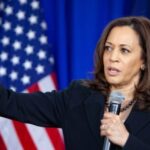

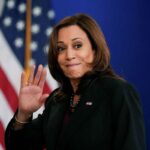
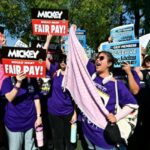
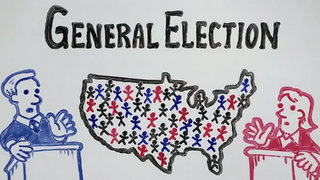



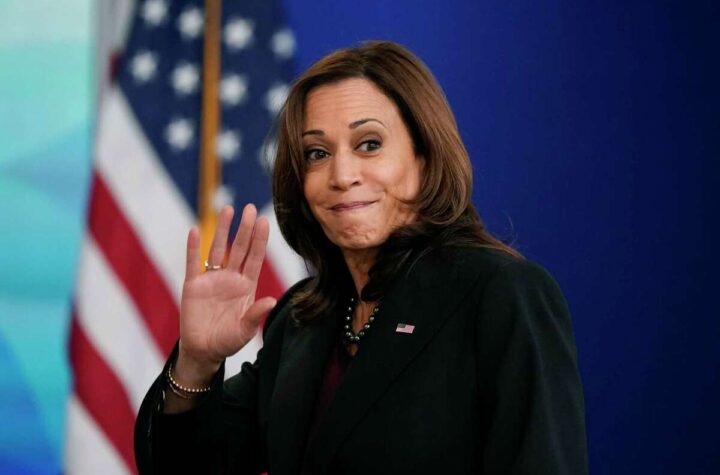
More Stories
The Donald Trump campaign has filed a complaint accusing Kamala Harris of assuming control over Joe Biden’s campaign finances
Biden states Trump’s verdict proves no one is above the law.
Ronaldo has been included in the Portugal squad for Euro 2024